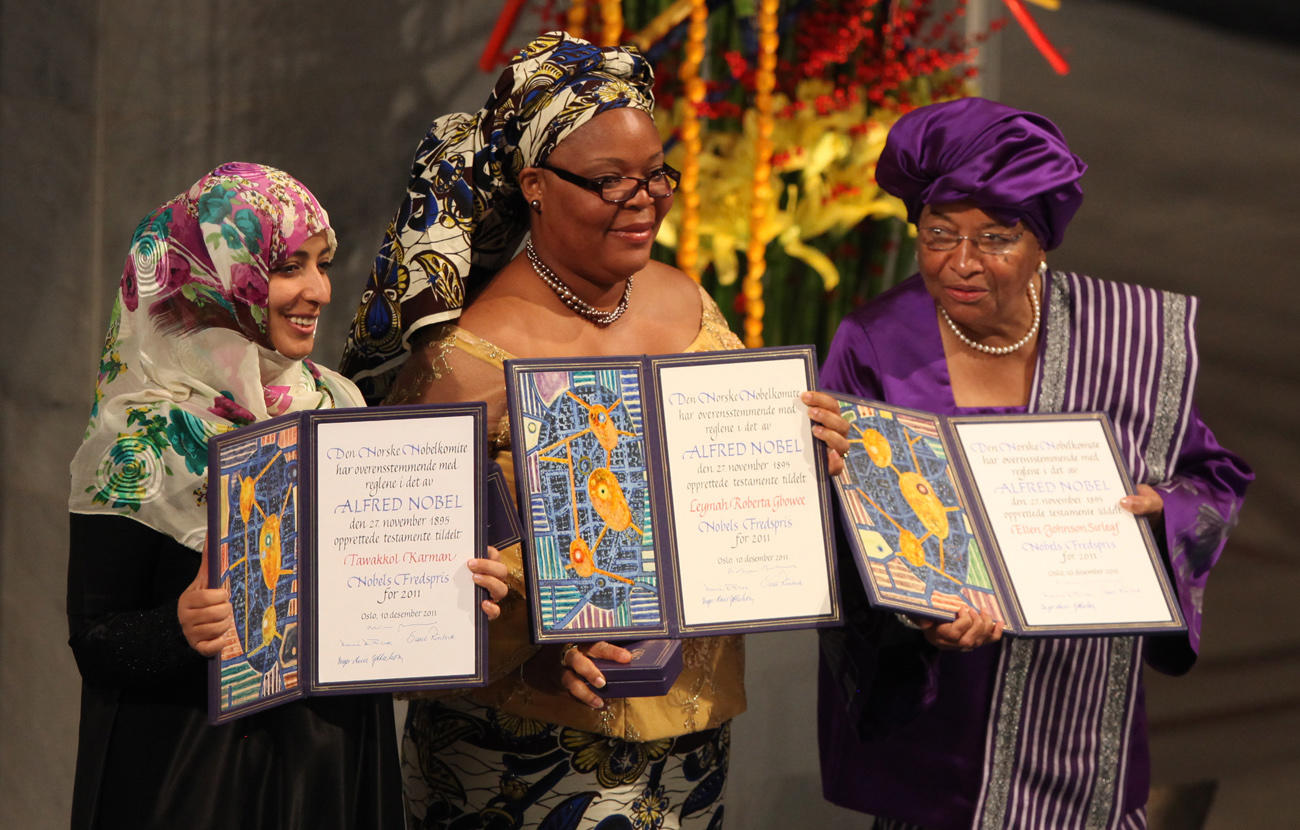
But religious actors can also support peace processes by acting as inside mediators, shuttle diplomats, observers and official facilitators — such as Bishop Carlos Belo, who raised global awareness to end Indonesia’s oppression of the East Timorese, and Leymeh Gbowee, who led Muslim and Christian women in nonviolent direct action to pressure parties in Liberia’s peace talks.
This project builds on the evolving dynamics in peace processes, particularly efforts to broaden participation among various constituencies to enhance legitimacy, develop buy-in and mitigate the impact of spoilers as a means to achieve sustainable peace; as well as to build on the increased recognition of insider mediators — a role that can include religious actors. This collaborative initiative seeks to:
Conduct in-depth research by developing a categorization of how religious actors have engaged and impacted peace processes. This includes case study analysis and interviews, as well as convenings between experts and practitioners, to inform more knowledgeable engagement of religious actors for future peace processes.
Inform experts and policymakers on how to effectively engage religious actors in future peace processes based on an analytical report and case studies. This involves establishing a consortium of policymakers, practitioners and scholars who contribute to research methodology and process, resource design and development, and policy recommendations through a series of workshops and consultations designed to analyze and exchange practices. Key learning will inform engagement in current and future peace processes.
Support inclusive engagement in peace processes by developing a support mechanism which provides direct analysis, technical knowledge and insight, capacity building, and direct engagement of key religious actors and communities in current contexts. Key resources, such as training materials and workshop design, will help to build the knowledge and skills of policymakers, track 1 actors, religious actors and their communities as they engage in formal peace processes, agreements and implementation.




